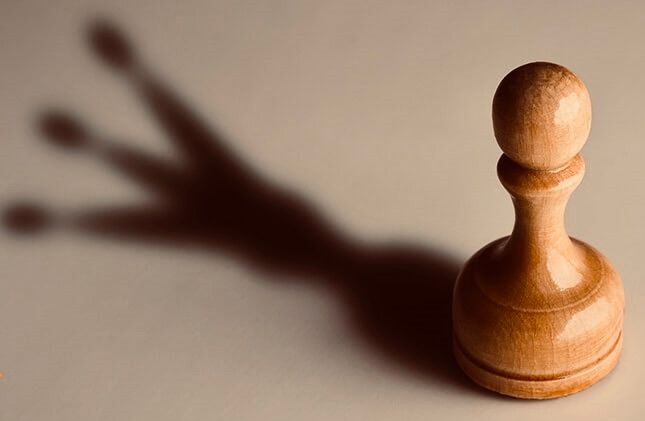Fake Freedom
July 3, 2025
Sign up for blog updates!
Join my email list to receive updates and information.

How do we achieve real freedom?
For a society founded on a “declaration of independence,” most of us enjoy very little true freedom these days.
Brown people live in fear of ICE thuggery. Black people face open racism disguised as DEI. White people claim their equal rights are being eroded.
How do we achieve real independence? It starts by understanding what freedom is – and is not.
Spiritual writer Richard Rohr says it this way:
“Most of us try to find personal and individual freedom even as we remain inside structural boxes and a system of consumption that we are then unable or unwilling to critique. Our mortgages, luxuries, and privileged lifestyles control our whole future. Whoever is paying our bills and giving us security and status determines what we can and cannot say or even think.”
In other words, it’s the entrenched institutions, systems, and processes of our culture that keep us willing captives.
I say “willing” because as a society we seem to be clutching some romantic dream of what our all-American life should be. As a result, we’re terrified by any disruption to what we feel is normal and accepted.
When we surrender to this fear and perceive danger all around, we grasp at whatever we think will protect us.
I’ll give you an example. When I lived in Puerto Rico, I learned from the local divers that to catch a Caribbean lobster, all you have to do is push a length of broomstick into the hole where it’s hiding. The lobster will grab it and not let go, even as you pull the stick from the hole and deposit the tasty crustacean in your bag.
So what’s the path to true freedom?
Declare independence by refusing to be co-opted by illusions of security, possessions, and power.
In his classic novel, Zen and the Art of Motorcycle Maintenance, Robert Pirsig describes “the old South Indian Monkey Trap.”
The trap consists of a hollowed-out coconut chained to a stake. The coconut has some rice inside, which can be grabbed through a small hole. The monkey’s hand fits through the hole okay, but his clenched fist can’t fit back out.
The monkey is trapped, not by anything physical, but by an idea it probably learned from its mother: “When you find rice, hold on tight!”
Psychologists call this einstellung, a settled way of thinking – our instinct to solve a problem in a tried-and-true manner even though there might be better solutions.
Much like the monkey clutching a fistful of rice or the lobster clenching the broomstick, we hold on to things that don’t necessarily serve us. The things we’re most attached to can keep us shackled, too often with toxic effect.
Valuing ourselves only according to our successes and satisfactions is to miss the point of every faith tradition – that contentment comes by valuing ourselves as God does, simply for who we are.
